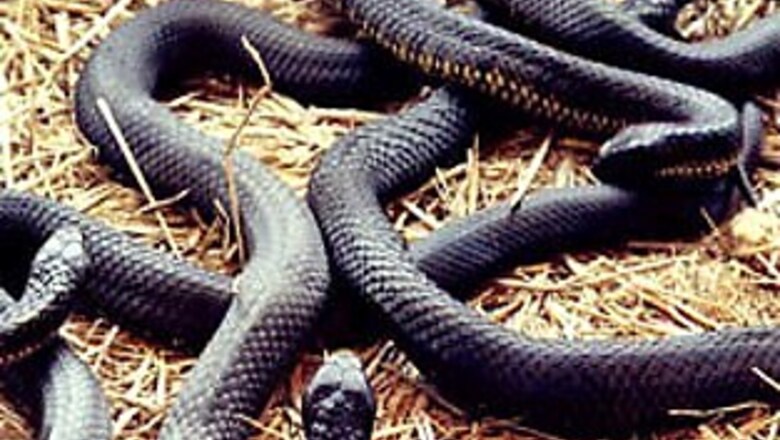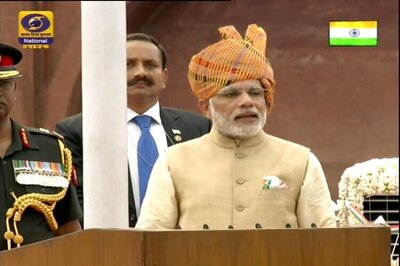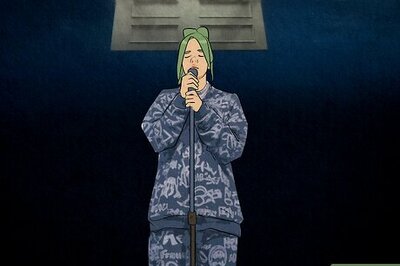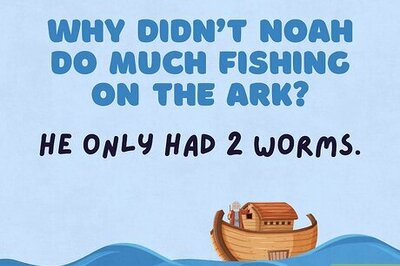
views
Mumbai: Mumbai's well-known snake-catcher and conservationist Sunil S Ranade, credited with rescuing over 15,000 snakes in the past 15 years, died after being bitten by a cobra on Sunday, an official said.
Ranade, 37, is has reportedly rescued snakes, reptiles and other wild creatures since over two decades. He worked as animal inspector with the 136-year-old Society for Prevention of Cruelty to Animals, in its Parel hospital, according to Col J C Khanna, the SPCA secretary.
"Yesterday (on Saturday), he had rescued a cobra from somewhere and had kept it in a container in his home in the hospital premises. Around 0230 hrs IST, he had gone to feed the creature when it suddenly attacked him. It's a truly an unfortunate incident." Khanna, a member of Animal Welfare Board of India, told IANS.
At the time of the incident, his wife with their two daughters - aged 10 and 3 - had gone to his father-in-law's home in Malad suburb.
Hearing a commotion from Ranade's quarters, some neighbours and other staffers rushed there to see him lying semi-conscious and writhing in pain.
They summoned an ambulance and shifted him to a nearby hospital where he succumbed after a few minutes.
"He was an expert on reptiles, especially snakes. He even had emergency vaccines and a pump to remove poison at home. Despite all precautions, we are sad that he met his end in this manner," Khanna said.
The incident is akin to the death of the famous Australian conservationist Steve Irwin in September 2006 when he was shooting for a TV Channel programme undersea when a poisonous stingray (fish) attacked him. Steve died later.
Khanna assured Ranade's family that since he was the sole breadwinner, the organisation would provide all necessary assistance to his surviving family members.
Ranade was the first person Mumbaikars would contact in case of any encounters with reptiles or other wild creatures in and around the city.
During the great Mumbai floods of July 26, 2005, Ranade had rescued nearly 100 snakes from different parts of the city and after treating them, released them in the Sanjay Gandhi National Park (SGNP).



















Comments
0 comment